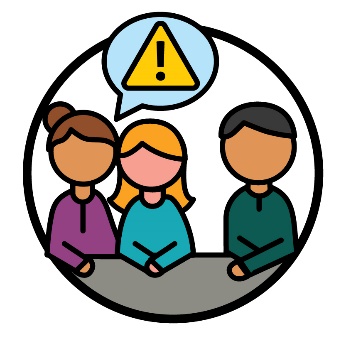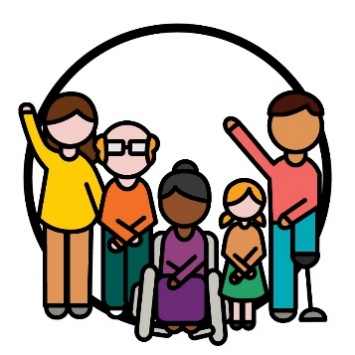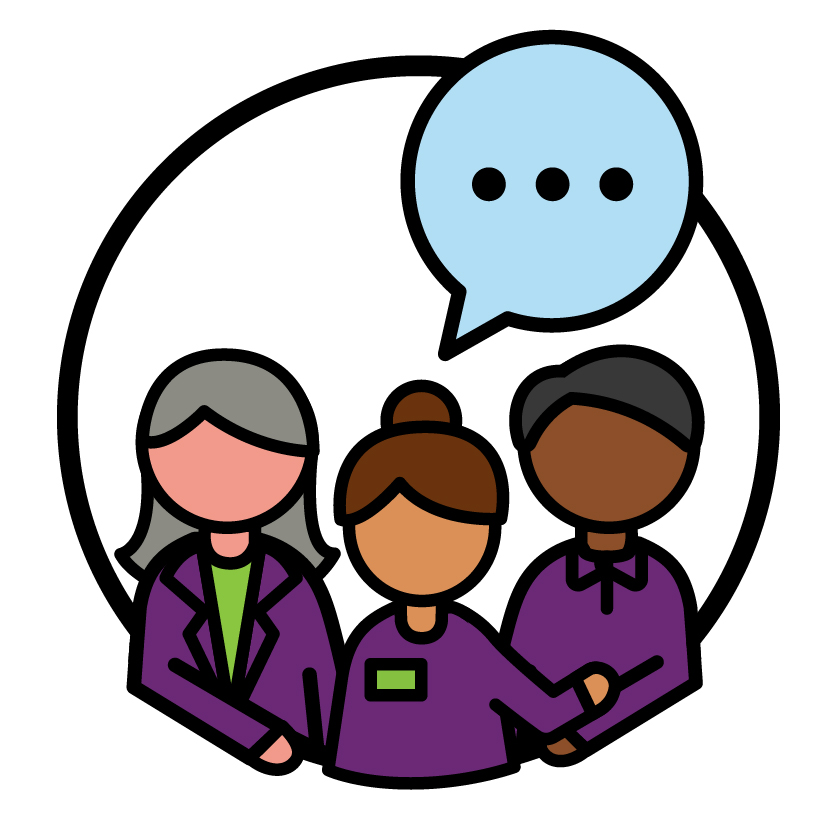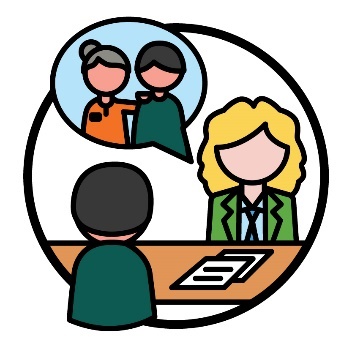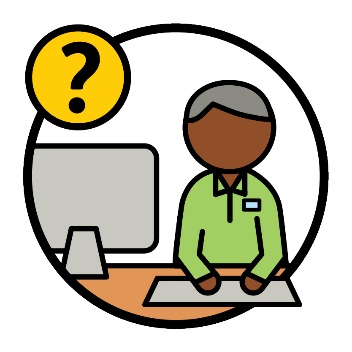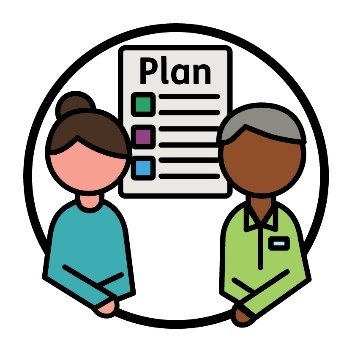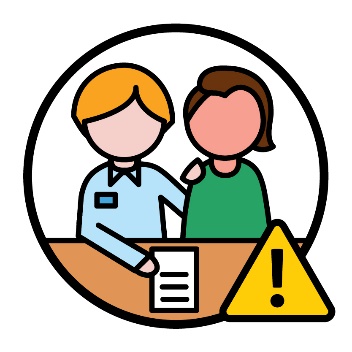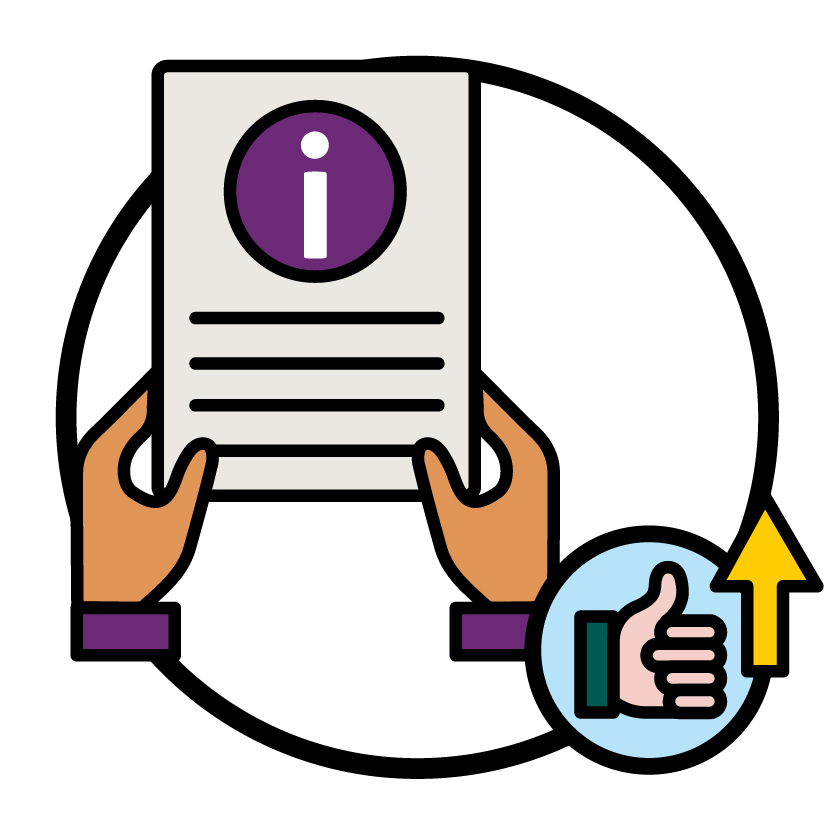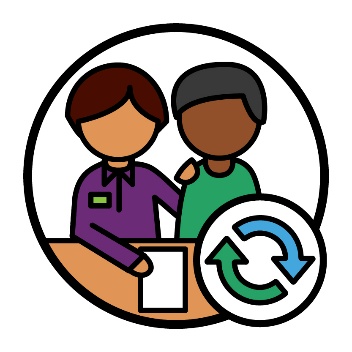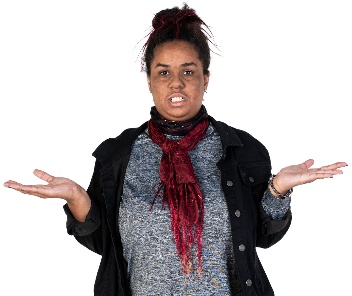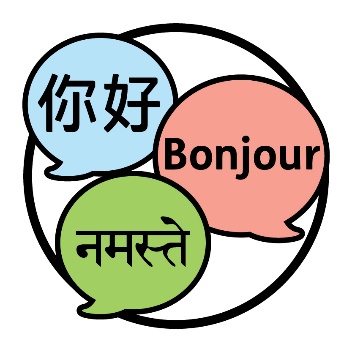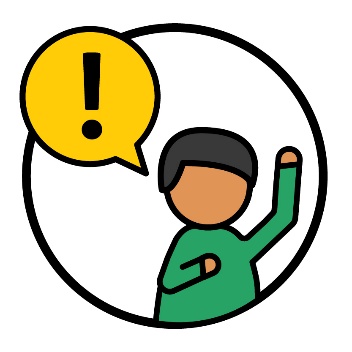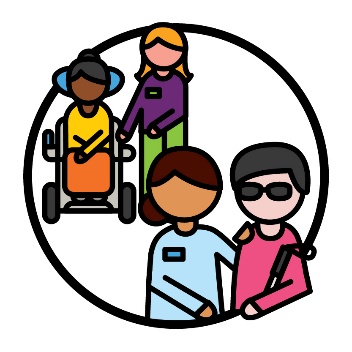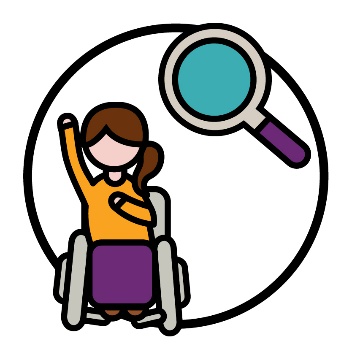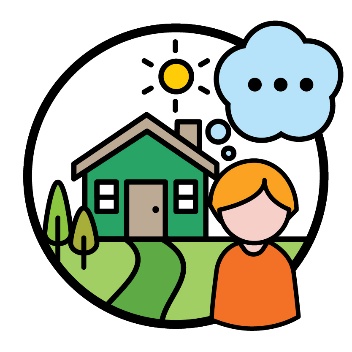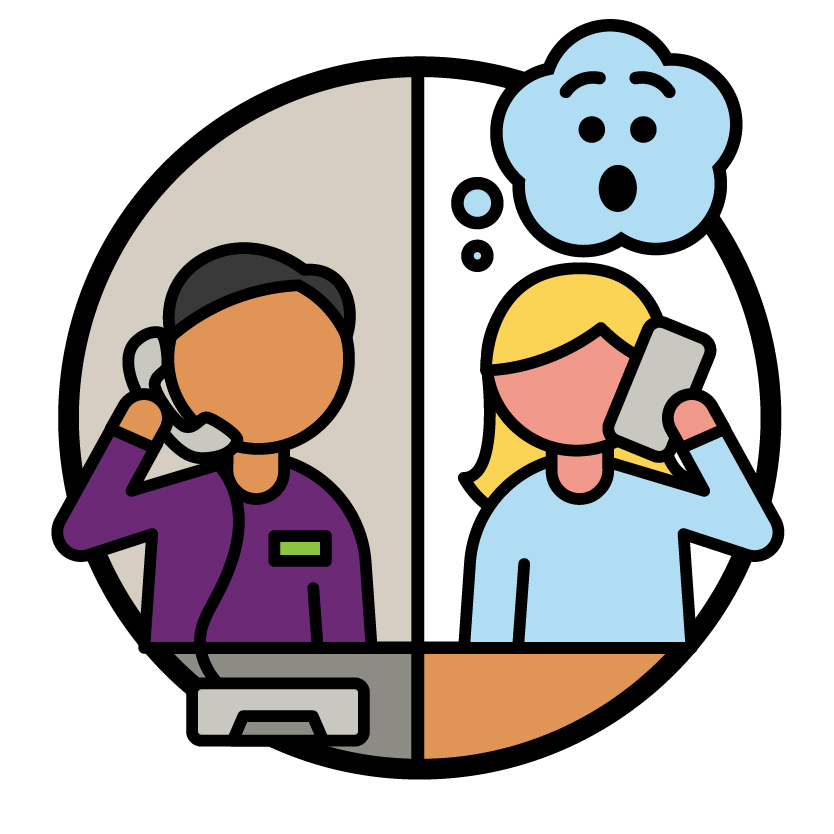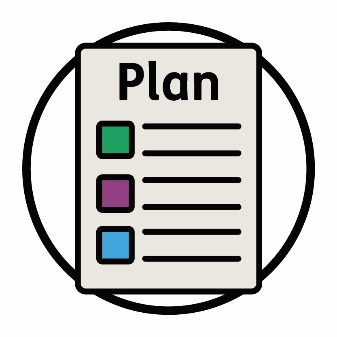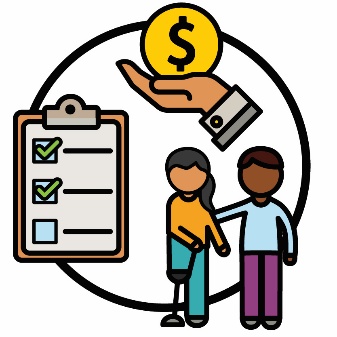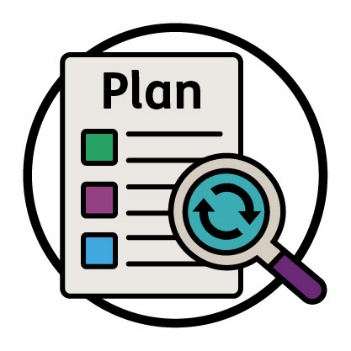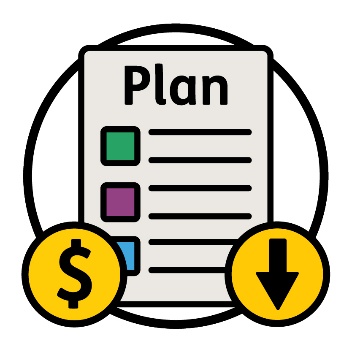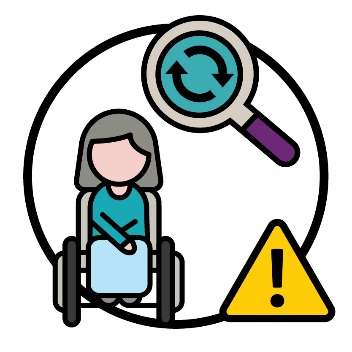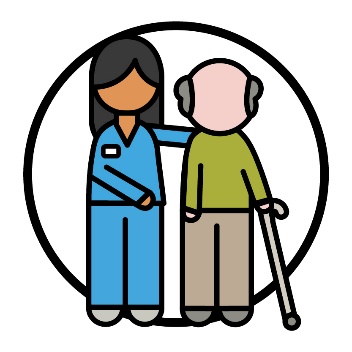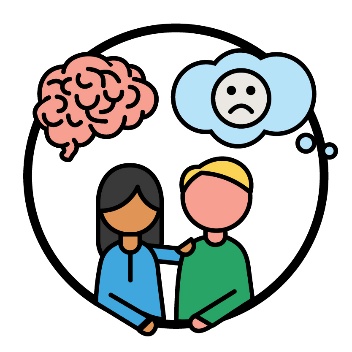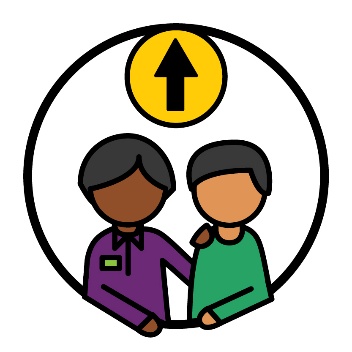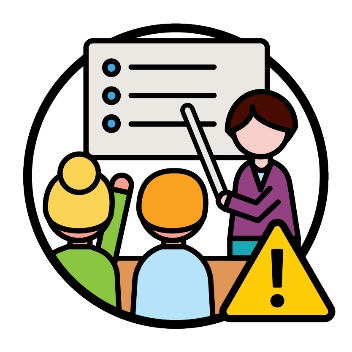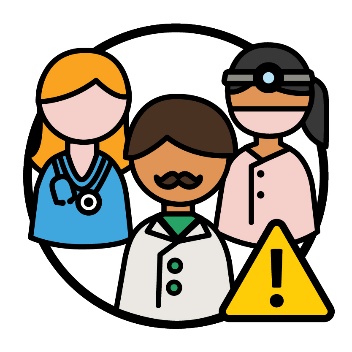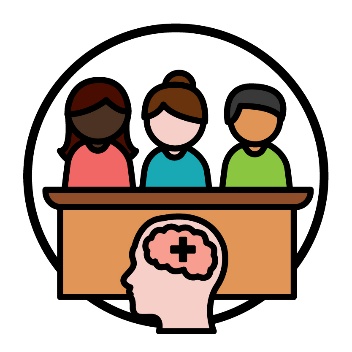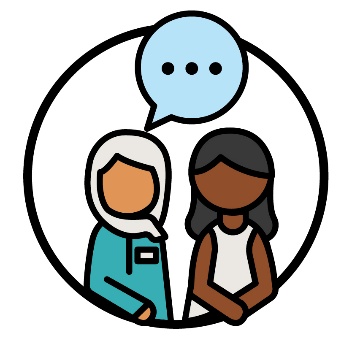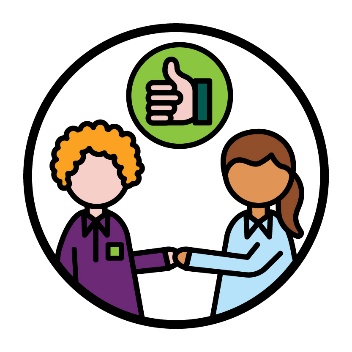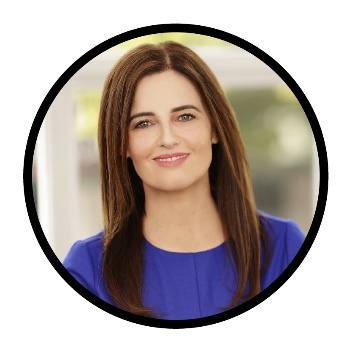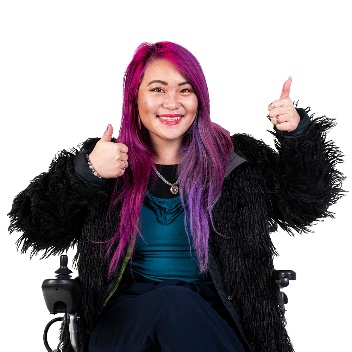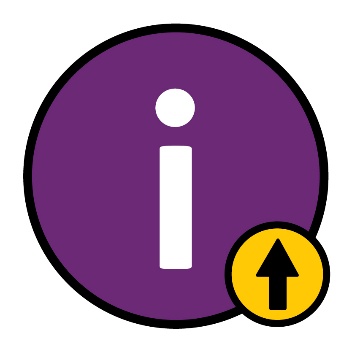What issues did the community share?
|
|
Reference Group members connected with the community to find out about issues that affect them. |
|
|
This includes issues that affect participants. |
|
|
Members shared reports about these issues with the NDIA. |
|
|
People from the NDIA also shared their response to some of these issues. |
Navigators
|
|
Navigators will help people with disability to:
|
|
|
Reference Group members said that support coordinators don’t know:
|
|
|
A support coordinator is someone who helps participants plan and use their supports. |
|
|
This could make it harder for participants and their carers to find the help they need. |
|
|
The NDIA said they know they need to improve their information about navigators. |
Supports and services
|
|
Reference Group members said people are confused by the changes to NDIS supports. |
|
|
|
People are unsure about what supports they can and can’t use. |
|
|
|
The NDIA said they have been doing work to make sure information about NDIS supports is easy to:
|
|
|
|
For example, the NDIA has shared information about NDIS supports in 17 languages. |
|
|
|
Members said foundational supports are important. |
|
|
|
Foundational supports are disability supports for all people with disability. This includes people with disability who don’t take part in the NDIS. |
|
|
|
Members also said the NDIA need to understand how important foundational supports are. |
|
|
|
And the NDIA should also focus on what matters to each participant. |
|
|
|
This includes their:
|
|
NDIS plans
|
|
Reference Group members said the NDIA is calling participants without telling them first. |
||
|
|
These phone calls are to talk about their NDIS plans. |
||
|
|
An NDIS plan has information about:
|
||
|
|
These phone calls are also about plan reassessments. A plan reassessment is when the NDIA check to see if the NDIS supports in a participant’s plan still work well for them. |
||
|
|
Members said some participants are scared to answer these calls. |
||
|
|
Participants are also scared they will lose money from their NDIS plan if they don’t answer these calls. |
||
|
|
Members are worried about plan reassessments for older participants. |
||
|
|
Members said changes to an older participant’s NDIS plan could make them move into aged care. Aged care is where older people live when they can’t live in their home anymore. |
||
|
|
The NDIA said aged care supports should be part of an older participant’s NDIS plan. |
||
Support for psychosocial disability
|
|
Reference Group members said people don’t understand if the NDIS has enough supports for people with psychosocial disability. |
|
|
A psychosocial disability can affect how you:
|
|
|
Members said there should be more foundational supports for psychosocial disability. |
|
|
Members also said there is not enough training about psychosocial disability for health workers. |
|
|
This means there are not enough health workers with the right skills to support people with psychosocial disability. |
|
|
The NDIA said there is a new Reference Group to work on some of these things. They’re called the National Mental Health Reference Group. |
Their work will focus on: |
|
|
|
|
|
|
|
Disability in government
|
|
Ali France is a new member of the Australian Government. She is a person with disability. |
|
|
|
Reference Group members said they’re happy there are more people with disability in government roles. |
|
|
|
Members said people are confused about there being 2 Ministers for the NDIS. |
|
|
|
A minister leads an area of the government. |
|
|
|
The NDIA said there will soon be more information on the work these ministers will do. |
|
